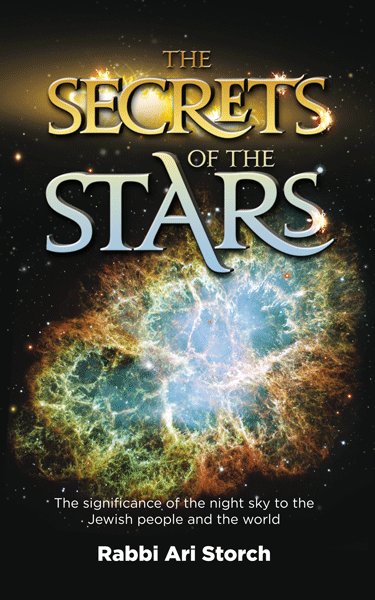In this week's parsha (for those in chutz la'aretz), we find a discussion about waiting for the fifth year prior to eating produce outside of Eretz Yisrael. In the fourth year the produce is only able to be eaten in Yerushalayim, and in the first three it is prohibited completely. Just after this portion the Torah prohibits one to eat the flesh of an animal while it is still convulsing from being slaughtered (this translation is based on Chazal's interpretation; they also attribute to this prohibition that one may not eat prior to davening, and that one may not eat from a sacrifice prior to its blood being appropriately sprinkled on the altar). Following this prohibition are the prohibitions of acting superstitiously and divining the future through astrological means.
The juxtaposition of these mitzvos is confusing as there does not seem to be much similarity between them. Perhaps, reading these portions from the Rambam's perspective allows one a possible answer. The Rambam famously rejected astrology and superstitions as being anything more than foolishness. He writes in many places that adherence to these ideas is antithetical to Torah values since the purpose of man is to ascend from the beasts via his superior intellect and to use this intellect to serve God. By making use of these pseudosciences, one is essentially rejecting that which is demanded of him.
Thus, perhaps, the Rambam understood that these mitzvos demonstrate that one must exercise patience prior to acting. The section dealing with produce clearly shows that one must wait the necessary amount of years prior to partaking of his harvests. Not eating while an animal is still convulsing also demonstrates that one need to be patient and wait until the appropriate time arrives to eat from his recently slaughtered animal (the other examples that Chazal attribute to this mitzvah that I mentioned above demonstrate this same point). Using superstitions and astrology , according to the Rambam, demonstrate the same idea as well. Part of the reason that these practices came about was because people were quick to take anecdotal evidence and attribute the cause of many of events to these superstitions or stellar objects. Had the people thought things through a little more philosophically (or perhaps scientifically) they would not notice a true cause and effect relationship. These practices are often perpetuated due to a lack of patience to examine and understand phenomena objectively. Therefore, from this viewpoint it makes perfect sense why these mitzvos can be found grouped together. Whether or not one subscribes to the philosophy of the Rambam with regard to these matters, the lesson learned is a good one. Exercising caution and patience prior to coming to conclusions is a value we should all try to instill in ourselves and children.
Subscribe to:
Post Comments (Atom)


3 comments:
What is the thing with the 'Super Moon"? Is this an auspacious time for us, because most of our holidays are on a full moon?
I love your blog!! I don't know why no one else comments on it. It is facinating and unique.
Is there somewhere in Iyov, where it says a mans' forture is written in the stars and his life is written in his hand. My grandmothers used to say that because of these two verses, astronomy was not forbidden to the Jews, nor was palm reading. But that was not how they could tell us, when we were young, if we were going to get married. There was another way. They said my sister and my half sister would marry, and that I wouldn't. I am 50. I have never been married. So whatever thing they used, they were accurate.
My sister and my half sisters both married. And I did not.
.....as they said....
Firstly, thank you so much for the very kind words. The "Super Moon" means that the moon was at its closest point to earth this year. It therefore looked a drop bigger than it would when it is more distant. The difference happens to be relatively insignificant, and I think that the news hyped it up into a bigger even than it truly was. I have not seen any classic sources that find significance in the apparent size of the moon. Although, you are very correct that many of the earlier sources found much significance and symbolism in the moon and found it to be symbolic of the Jewish nation.
Iyov definitely discusses constellations, however, divining the future through astronomical means appears to be somewhat prohibited based on pesukim in Parshas Shoftim. The rules are recorded in Shulchan Aruch Yoreh Deah 179.
Post a Comment